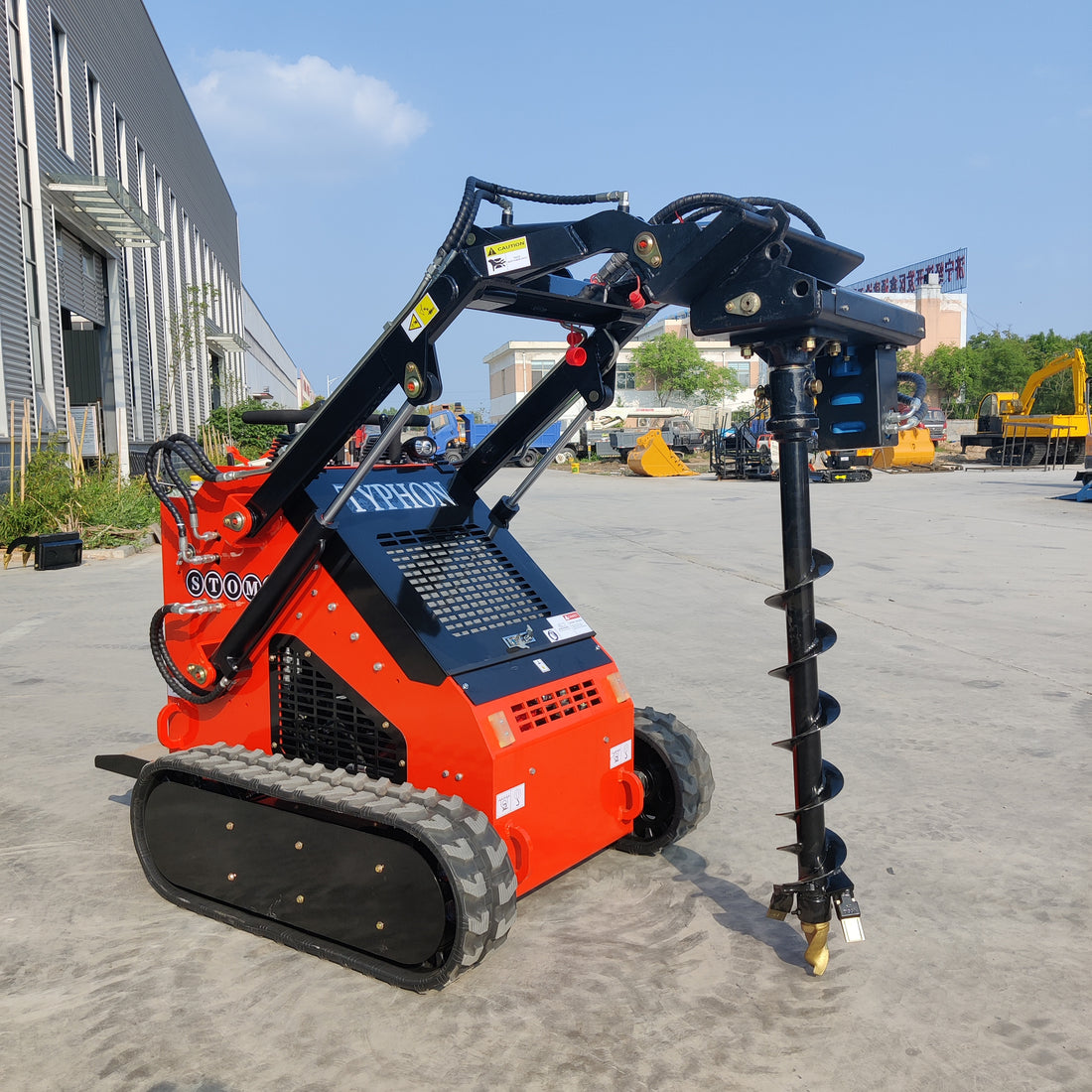Efficient management of heavy equipment is crucial for the success of construction projects and the overall performance of construction companies. In the fast-paced construction industry, where tight deadlines and cost constraints are common, effective equipment management can significantly influence project timelines, productivity, and profitability. This article explores the multifaceted effects of heavy equipment management on construction project performance and construction companies, highlighting the importance of optimized equipment utilization, maintenance, and technological advancements.
Heavy equipment is a significant investment for construction companies, and the efficient use of this equipment is critical for the success of any construction project. Proper heavy equipment management can help to improve productivity, reduce downtime, and lower operating costs. It can also help to improve safety on the construction site, reduce the risk of accidents, and ensure compliance with relevant regulations.
The Role of Technology in Heavy Equipment Management
Advancements in technology have transformed the way heavy equipment is managed on construction sites. The use of telematics, GPS, and other digital tools has made it easier for construction companies to track their equipment, monitor their performance, and make data-driven decisions. This technology can help to improve the efficiency of equipment operations, reduce maintenance costs, and enhance safety on the construction site.
The Impact of Heavy Equipment Management on Construction Project
Performance
The efficient management of heavy equipment has a significant impact on the performance of a construction project. When equipment is not managed properly, it can lead to delays, cost overruns, and a lower quality of work. In contrast, efficient equipment management can help to ensure that projects are completed on time, within budget, and to the required quality standards. This can help to improve customer satisfaction, enhance the reputation of the construction company, and lead to future business opportunities.
The Benefits of Efficient Heavy Equipment Management for Construction Companies. Construction companies that invest in efficient heavy equipment management can enjoy a range of benefits. These include:
- ImprovedProject Efficiency
Effective heavy equipment management directly contributes to enhanced project efficiency. By ensuring the right equipment is available at the right time and in optimal working condition, project schedules can be adhered to more effectively. Timely completion of tasks leads to improved productivity, minimized downtime, and streamlined workflow. Efficient equipment management also allows for better coordination between various project teams and stakeholders, reducing delays and facilitating smoother operations.
- EnhancedEquipment Utilization
Optimizing equipment utilization is a key aspect of heavy equipment management. Construction companies need to ensure that their equipment is deployed efficiently, maximizing its utilization throughout the project lifecycle. By monitoring equipment usage patterns and implementing proper scheduling and allocation strategies, construction companies can minimize idle time, reduce rental costs, and make the most of their resources. This not only leads to cost savings but also improves the return on investment (ROI) for the equipment.
- Maintenanceand Repair
Regular and timely maintenance of heavy equipment is crucial for preventing breakdowns, minimizing downtime, and extending the equipment's lifespan. Effective equipment management involves implementing proactive maintenance practices, such as routine inspections, preventive maintenance schedules, and swift repair protocols. By adopting a preventive maintenance approach, construction companies can avoid costly repairs, keep projects on track, and ensure that equipment operates at optimal performance levels.
- Safetyand Risk Mitigation
Proper equipment management plays a significant role in ensuring a safe working environment. Well-maintained equipment reduces the risk of accidents, injuries, and property damage. Construction companies must prioritize safety by conducting regular safety training sessions, maintaining safety protocols, and
adhering to regulatory standards. Additionally, advanced safety features, such as telematics systems and operator monitoring, can be integrated into heavy equipment to enhance safety and reduce operational risks.
- TechnologicalAdvancements
Rapid technological advancements have revolutionized heavy equipment management in the construction industry. Construction companies can leverage technologies like telematics, GPS tracking, and equipment management software to monitor equipment performance, track utilization, and gather valuable data insights. These technologies enable better decision-making, predictive maintenance, and real-time monitoring of equipment health, leading to improved operational efficiency and reduced costs.
- FinancialImpact
Effective heavy equipment management has a direct impact on the financial health of construction companies. Optimized equipment utilization, proactive maintenance practices, and enhanced productivity translate into improved profitability. By reducing equipment downtime, avoiding unnecessary expenses, and optimizing resource allocation, construction companies can enhance their bottom line and gain a competitive edge in the industry.
The Significant Impact of Heavy Equipment Management on
Construction Project Performance
The management of heavy equipment profoundly influences the performance of construction projects and the success of construction companies. Efficient equipment management enables improved project efficiency, enhanced equipment utilization, and proactive maintenance, resulting in timely project completion, cost savings, and improved profitability. Additionally, prioritizing safety, leveraging technological advancements, and embracing data-driven decision-making further contribute to the overall success and sustainability of construction companies. By recognizing the critical role of heavy equipment management and implementing
effective strategies, construction companies can achieve higher project performance levels and remain competitive in the ever-evolving construction industry.
The Importance of Heavy Equipment Management
